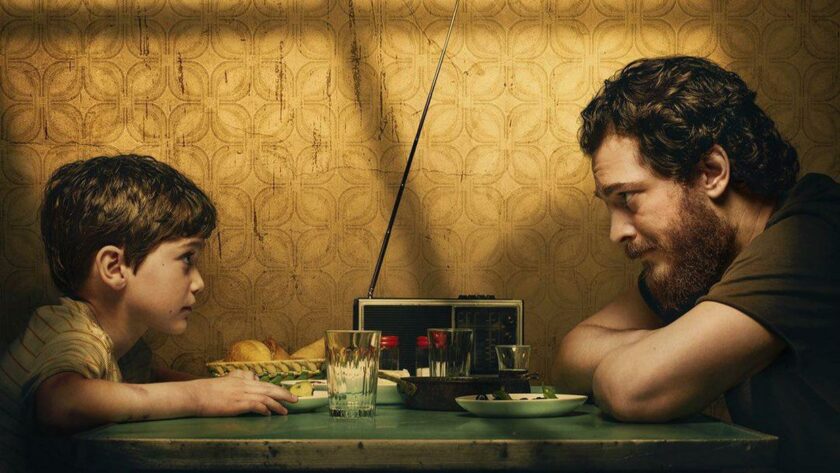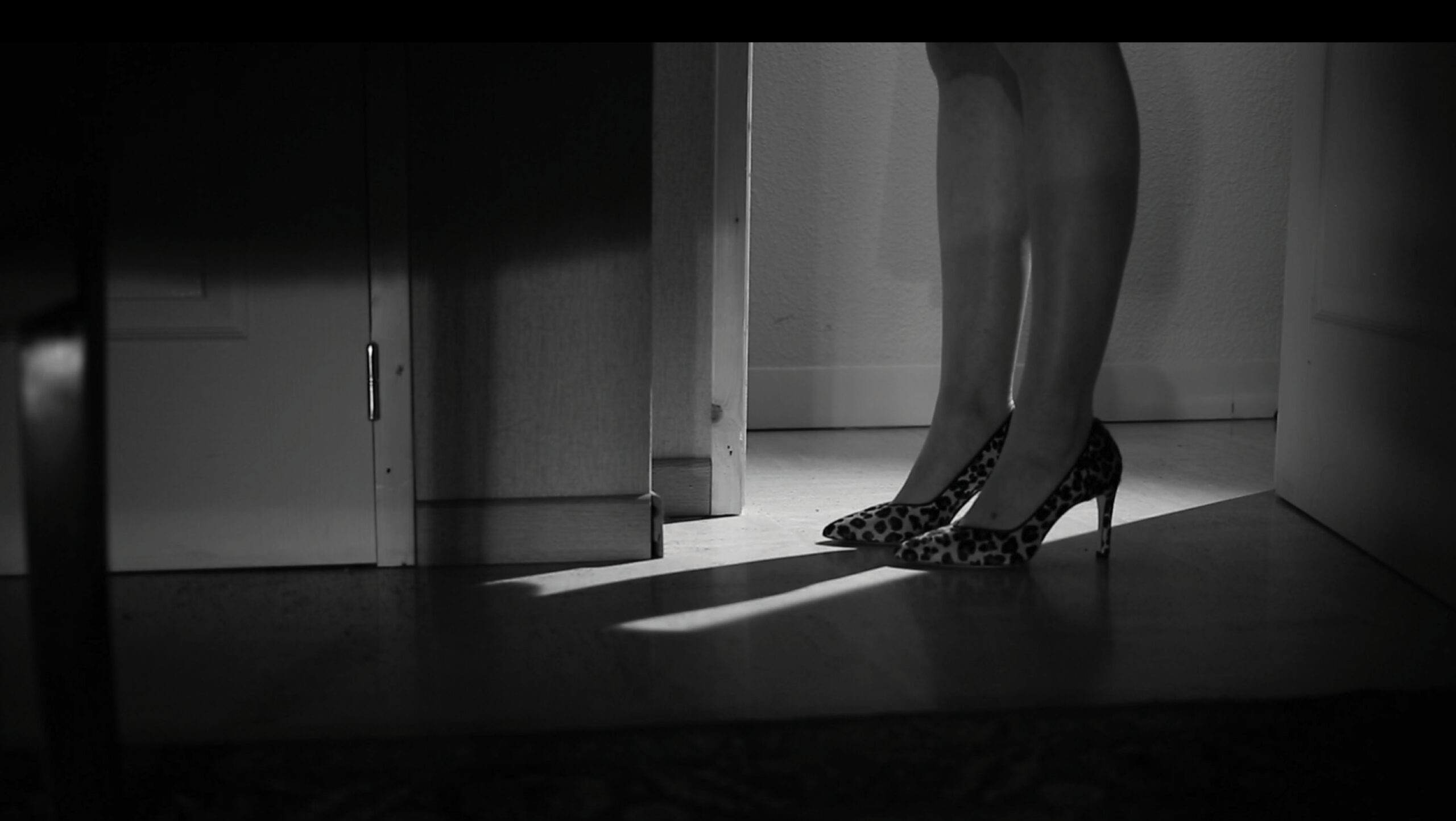Çagri Ustaoglu considers the social messages posed in a drama about children in the most helpless situations.
Kağıttan Hayatlar (‘Paper lives’) is a Turkish film that claims to be dedicated to ‘all the children who grow up alone in the streets’. For a country that has 90,000 street children and the fourth-highest rate of underage substance abuse in the world, this is another pertinent Netflix Original. Through its character-driven story, we get an insight into the precarious, dejected lives of forgotten, homeless children. The emotional substance of the film, therefore, comes from the inherent melancholy of the protagonist’s world. Although I think that it fails to fulfil the potential that a film about this important issue might have – the irony of the main character being played by Çağatay Ulusoy, the highest-paid actor in Turkey, is also a little hard to ignore – Paper Lives nevertheless provides a crucial window into one of society’s greatest failures.
Written by Ercan Mehmet Erdem and directed by Can Ulkay, Paper Lives tells the story of Mehmet (Çağatay Ulusoy), a middle-aged man who was once also a homeless child who grew up not knowing his parents, and who now runs a solid-waste warehouse in his neighbourhood. This is the means through which he and his young, destitute ‘employees’ seem to subsist. After he suffers a seizure from a day of collecting waste under harsh weather conditions, Mehmet is taken to the hospital by his close friend, Gonzales or ‘Gonzi’, where he learns that he needs an urgent kidney transplant; the misery is introduced early on. On his return from the hospital, Mehmet remembers the number-one priority in his bucket list – ‘find your mum’. Thus, our character’s want and needs are established. Soon after, when alone one night in his warehouse, Mehmet finds a boy hiding in Gonzi’s collection sack; he was placed there by his mother in an attempt to protect him from an abusive stepfather. We then witness a touching relationship develop between Mehmet and the boy, Ali (Emir Ali Doğrul), as our protagonist shifts his focus from finding his own mother to making sure Ali is safely reunited with his.

After a gloomy start, I enjoyed the way the way the characters were introduced and how the mundane aspects of their lives were depicted. Mehmet greeting everyone he sees as he walks down his neighbourhood street, accompanied with an accordion and violin soundtrack, is classic Ulkay; whilst this set up has become somewhat of a cliché in Turkish cinema, it gives off such good, warm vibes that I still find it gratifying – for now at least. This, in addition to Mehmet’s inability to turn down kids that ask him for money, establishes the friendly and humane personality of our protagonist. Frequently in the first act, Ulkay also resorts to using montages to maintain visual, but the character’s attitudes and personalities were also inspiring and pleasurable to watch. Despite their predicament, the ragpickers share a sense of camaraderie and find ways to enjoy their lives with the little means they have: this is seen particularly well in Arıcı’s performance of Gonzales, and is perhaps a testament to the immense resilience of human beings.
These jubilant scenes help give some balance to the film so that everything is not all doom and gloom – an apt reflection of anyone’s reality, one could argue; we adapt our emotions to relative stability, no matter how ‘objectively’ positive or negative our experiences are – it’s not eternal bliss, in other words, and nor is it perpetual heartbreak. That said, the film does not shy away from hitting you hard with devastating moments, as one would expect it to do, given the nature of the lives of its characters. For instance, Ali’s mother decides to leave her son in a ragpicker’s sack because of the extent of her desperation at the hands of her abusive spouse – a reality that is unfortunately not too difficult to believe in, in light of recent cases of domestic abuse in Turkey; the vulnerability of street kids to substance abuse is well-represented; and in an unexpectedly gut-wrenching scene, a street child reveals to us that his birthday wish was to die, in case his mother, who died when he was young, would not recognise him in the afterlife if he died at an older age.

The film did disappoint a little bit, however, as I felt like it had some unfulfilled potential. There are important scenes between Mehmet and Tahsin (Turgay Tanülkü) – the man who took in Mehmet when he was a child – for example, that explore motherhood and a mother’s love for her child, or potential lack thereof. Yet, such topics are merely dropped in there superficially and rushed through; before you know it, the scene dissolves into another establishing shot of Istanbul. There are also some instances of overacting in melodramatic scenes which impede our immersion in the story, although I will not dwell on this. My greatest disappointment in the film was its ending. To avoid giving spoilers, all I’ll say is that it was out of sync with everything that we had seen before and relied on brute exposition to ensure that it was understood; and this contrasted with Ulkay’s great job of visual storytelling earlier in the film.
I’ve greatly admired Can Ulkay ever since I watched Ayla: The Daughter of War, which actually has a similar story structure to Paper Lives. Whilst I much preferred his earlier film, Paper Lives nevertheless has a lot going for it and is worth a watch – not least because it is dedicated to ‘all the children who grow up alone in the streets’; I am all in favour of using film as a medium to increase our empathy for people who are otherwise neglected by society.




